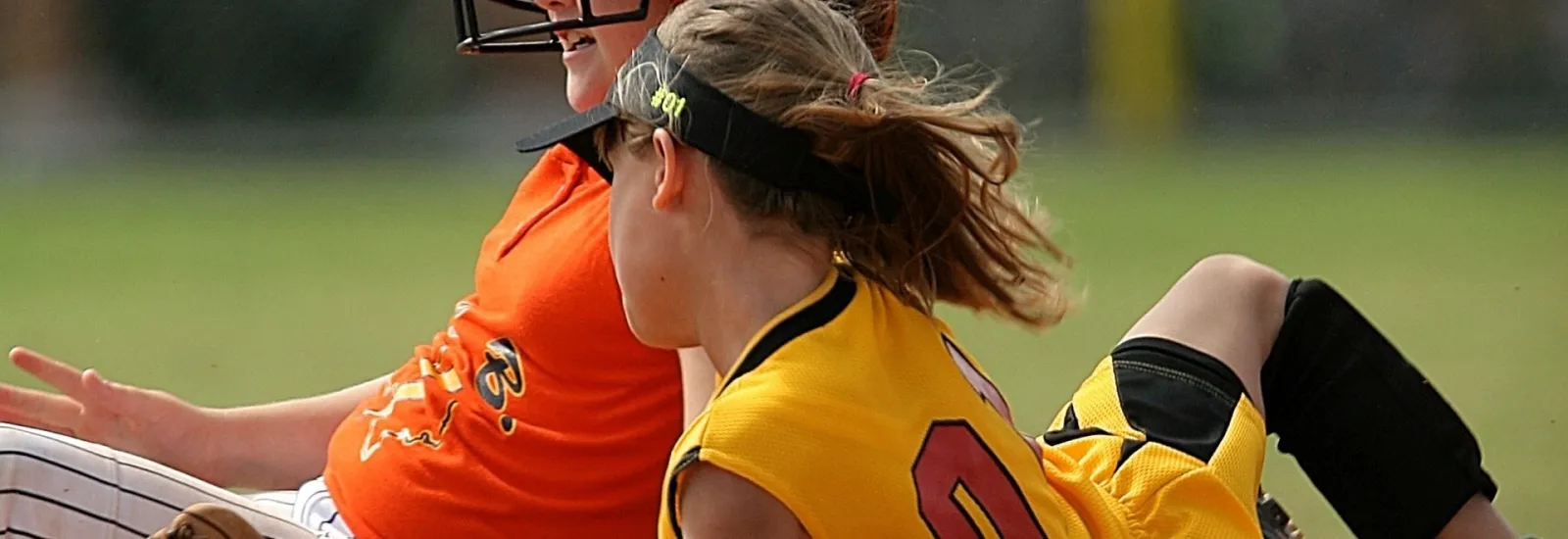
Know the signs of concussion in children
Concussions are a serious concern for parents of young athletes. You want your kids to have fun and succeed but you also want to keep them safe.
In recent years professional athletes have brought more attention to the long-term effects of brain injuries which has helped doctors and sports teams to better manage young athletes. However it’s also important for parents to know the signs of concussion in children.

Advances in concussion protocols
In the past decade sports teams physicians and parents have made major advances toward addressing the dangers of concussions. ImPACT is a program used by Reid Health and many other hospitals across the country to monitor and treat young athletes with concussions. It stands for Immediate Post-Concussion Assessment and Cognitive Testing.
ImPACT uses a five-step system to monitor athletes starting with baseline testing in the preseason. This evaluation is performed by a health care professional with proper training or ImPACT certification. It assesses balance concentration memory and other factors to establish a standard. This gives doctors an appropriate comparison if you suspect later in the season that your child has suffered a concussion.
The program’s remaining steps focus on recognizing a concussion evaluating the extent of the injury monitoring recovery and determining when it’s safe for your child to return to play.
Know the signs of concussion in children
A concussion is a brain injury caused by a sudden hit jolt or blow to the head that causes the brain to move within the skull. However the signs aren’t always obvious and they are different for everyone which is why baseline testing is so important. Sometimes an athlete may display confusion or dizziness right away. Other times they may feel fine to go back in the game only to show symptoms 20 or 30 minutes later.
The Centers for Disease Control and Prevention listed some of the common symptoms of concussion including:
- Memory problems or trouble concentrating
- Confusion
- Trouble balancing or clumsy movements
- Mood behavior or personality changes
- Headache
- Blurry or double vision
- Feeling foggy or sluggish
- Sensitivity to light or sound
- Nausea or vomiting
If you suspect your child has sustained a concussion pull them out of the practice or game immediately. As a parent you know your child best — so you’re in the best position to notice changes that others may not recognize.
Given enough time a concussion will heal though it will require several days (or weeks) depending on the severity. Returning to sports too soon increases the chances of another injury. Repeated brain injuries can lead to long-term problems so always follow your doctor’s advice on when it’s safe to get back in the game.
Image source: Pixabay

